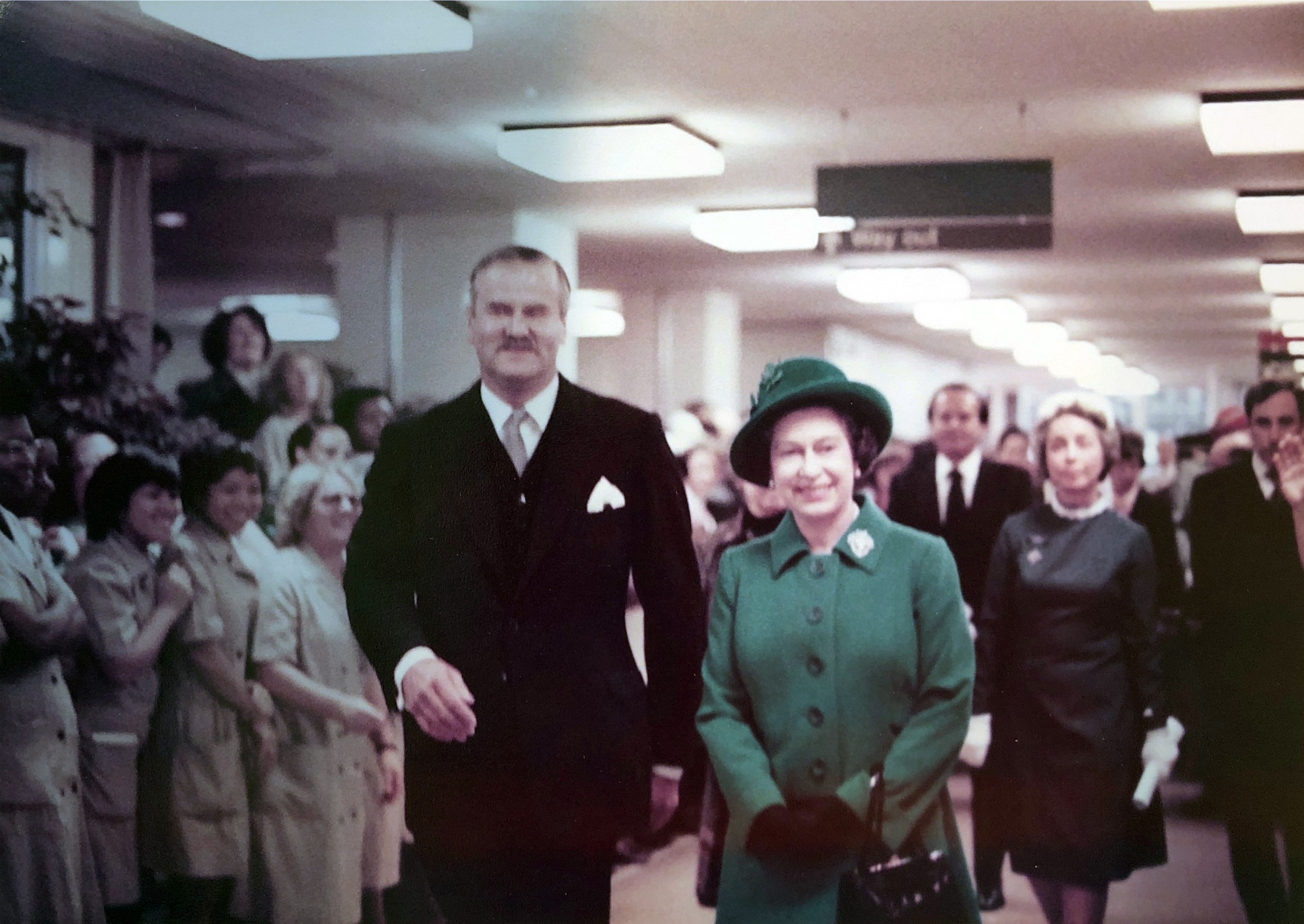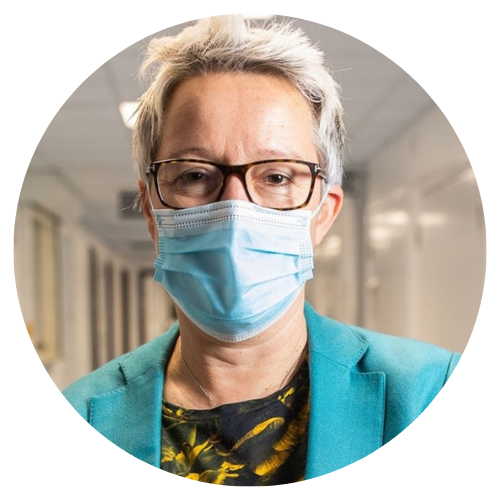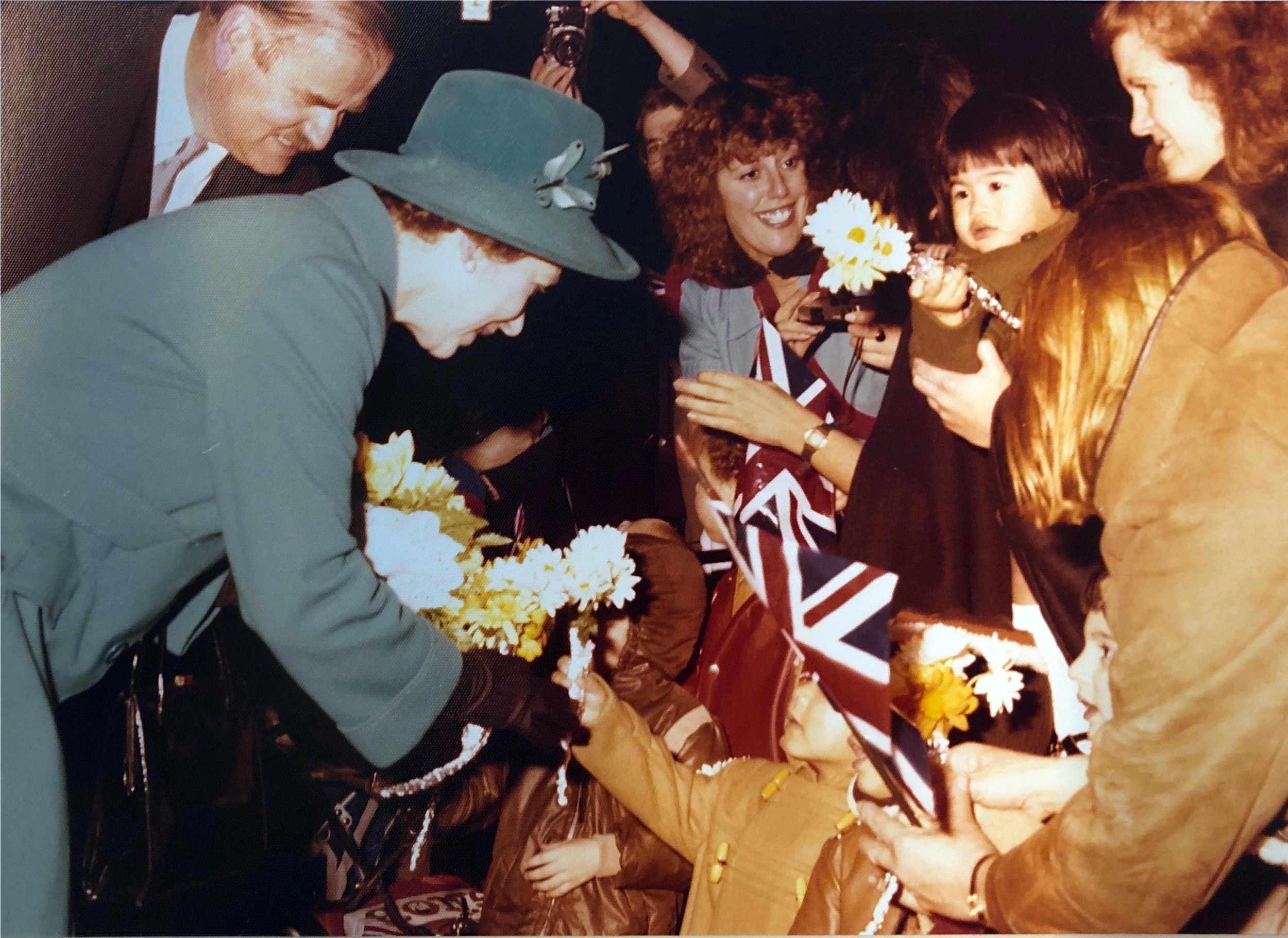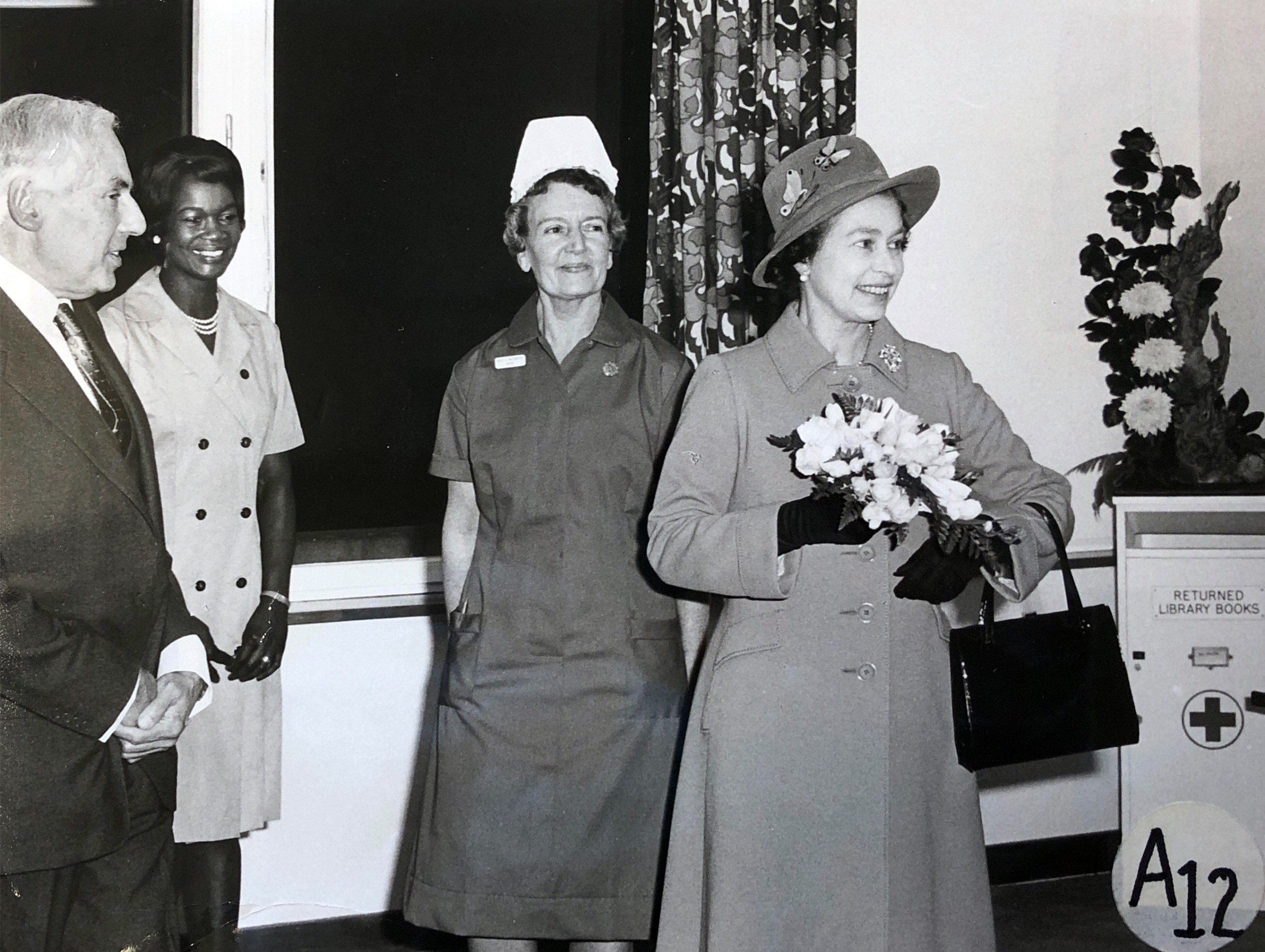
Caroline Clarke, Royal Free London group chief executive, reflects on the trust’s ‘royal’ status
 As the attention of the nation turns to the Queen’s Platinum Jubilee, it’s fitting that we reflect on our proud standing as a ‘Royal’ NHS trust and the history which laid the foundations for who we are today – and what we represent.
As the attention of the nation turns to the Queen’s Platinum Jubilee, it’s fitting that we reflect on our proud standing as a ‘Royal’ NHS trust and the history which laid the foundations for who we are today – and what we represent.
More than 190 years ago, surgeon William Marsden came across a penniless woman, dying from disease, on the steps of a London church.
Outraged by the injustice of her death, William was inspired to open a hospital to provide free healthcare to those who couldn’t afford medical treatment. That was the birth of the Free Hospital, founded in 1828, a place where, in William’s words, ‘poverty and sickness are the only passports’.
This was the very foundation on which the NHS would be built 120 years later.
We were granted the title 'Royal' by Queen Victoria in 1837 in recognition of the hospital remaining open during the two cholera epidemics which hit London in the 1830s.
It is fitting that nearly 200 years later we would play such a crucial role in the NHS’ response to the COVID-19 pandemic – being one of the first trusts to treat patients and a major contributor to the vaccination and research efforts.
When the hospital moved in the 1970s from Gray’s Inn Road to our current location in Hampstead, we were hugely honoured to have the Queen attend our official opening.


For this past half century, we have been dedicated to serving the people of north London from our three main hospital sites – Barnet Hospital, Chase Farm Hospital and the Royal Free Hospital. But many of our patients come from across the UK and beyond to benefit from our expertise in some of the most complex and specialist areas of healthcare.
We employ more than 10,000 staff, from over 120 different countries. Our teams of doctors, nurses, therapists, surgeons, midwives, porters, cleaners (to name just a few), work incredibly hard to deliver world-class care for our patients. We are nothing without our incredible staff.
We have always been a pioneering organisation and for many years, the Royal Free Hospital was the only one to offer medical training to women. And today we’re still blazing a trail: advancing the understanding of illness; taking advantage of the latest technology; developing new and better therapies; and tackling health and social inequalities.
The health needs of the people we serve continue to evolve and our aim is to work with our staff, patients and communities to better understand where health inequalities lie and how we can eliminate them.
The pandemic has shown the importance of world-leading clinical research and our vision is to ensure it is embedded in everything we do so that our patients can access the latest treatments sooner. We are hugely proud of the Pears Building, home to the UCL Institute of Immunity and Transplantation, which opened at the Royal Free Hospital at the end of last year and is now home to one of the world’s leading research centres, seeking cures for conditions like cancer and diabetes.
I would like to say a big ‘thank you’ to the Royal Free Charity for their continued support for our patients and our staff. The exceptional backing of our local communities has played a vital role in the story of the Royal Free London and I look forward to continuing that close relationship with our friends and partners.
As we approach the long Bank Holiday weekend, I hope you’re able to enjoy the celebrations with your families, friends and neighbours.
Many of our staff will be coming in to work and caring for patients at a time when they need us most. I would like to pay special tribute to them. It’s that spirit of sacrifice, caring, kindness and devotion which I see in my colleagues every day and which truly befits our ‘Royal’ status.
 Translate
Translate